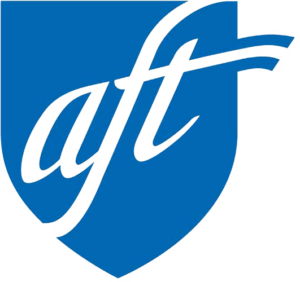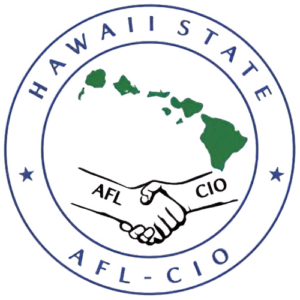Reason Prevails!
Gov. David Ige Vetoes Legislative Bills Designed to Harm UH
It was a tumultuous year for everyone in 2020. The pandemic created a significant budget shortfall that required a closer look at ways to significantly reduce costs. Unfortunately, this resulted in legislative bills that were hastily approved to check the box of reducing the state’s expenses. Some of these bills were ill conceived and would have severe, lasting negative ramifications for the University of Hawaii and for our state.
The State is in Better Financial Shape
Since the state’s economic situation dramatically improved since the beginning of the legislative session, Gov. Ige reasoned that many of the drastic measures to reduce costs were no longer necessary. An infusion of federal relief funds from the Coronavirus Response and Relief Supplemental Appropriations Act of 2020 and American Rescue Plan Act of 2021 provides Hawaii with timely, valuable economic support. In addition, the Council on Revenues projects a stronger, faster economic recovery for Hawaii.
As a result of these changes, on June 21, Gov. David Ige announced his intention to veto 28 of the 268 bills, which were presented to him to consider signing into law. The good news: he plans to veto two of those bills, which would have been harmful to the University of Hawaii. Fortunately, sound reason prevailed.
The two vetoed bills are SB589 SD2 HD2 CD1 – Relating to the University of Hawaii and HB1296 HD1 SD2 CD1 – Relating to State Funds.
Vetoed: Merger of UH Cancer Center with JABSOM
SB589 would have required among other things that the UH Cancer Center and the John A. Burns School of Medicine merge their administrative and infrastructure functions. In addition, the bill extends the sunset on rules governing the transfer of technology and innovation and commercialization efforts between the University and a private party.
It Could Be Unconstitutional
The Governor’s rationale for vetoing the bill was clear: “This measure may put the state in violation of the U.S. Constitution’s contracting clause. If enacted into law, the rule changes governing the transfer of technology and commercialization initiatives could jeopardize existing contracts committed to by the University. This would be a violation of the U.S. Constitution’s contracting clause, which forbids states from passing laws that impair the obligation of contracts.”
While Possibly Making UH Less Flexible In The Future
The rationale went on to state that “codifying the UH Cancer Center into law and setting organizational reporting into statute, limits the university’s flexibility to make changes to that structure in the future. While merging the administrative functions of the Cancer Center and Medical School may achieve cost savings, these structural changes should be made in consultation with the leadership of the respective institutions and UH Manoa leadership.”
Vetoed: Restrictions on UH Cancer Center Funding
HB1296, which faced strong opposition from various organizations because it sought to repeal the Tobacco Control and Prevention Trust Fund and to allocate any remaining balances from the tobacco settlement funds to the general fund. This would have also eliminated settlement monies dedicated to the University of Hawai’i’s revenue-undertakings fund by July 2033, and caps the total amount in the Tobacco Settlement Special Fund at $4.3 million annually.
Stopped: Making UH Pay for Faculty Fringe Benefits
Clandestinely woven into the bill was a section requiring the University to reimburse the state for fringe benefit costs for any position paid for by a special fund. It also would prohibit the University of Hawai’i Cancer Center from using cigarette tax revenue for research or operation costs.
Vetoing This Was A No-brainer
Gov. Ige noted in his rationale that he would veto HB1296 because it would significantly increase costs for the University of Hawai’i, while simultaneously eliminating the UH Cancer Center’s ability to conduct cancer research and cancer center operations with cigarette tax revenue. This would basically defund programs to prevent or stop smoking and result in public health impacts and this will likely create significantly higher costs for the state’s health systems in the future.
Since the veto of a bill is an all or nothing proposition, the veto also eliminates the proposal to require the University to reimburse the state for fringe benefit costs.
But It’s Not Over Yet
While we can breathe a sigh of relief, it’s not over yet, an intent to veto is not a veto. Legislators have until July 6 to override the Governor’s vetoes. They could also call for a special session where they could reintroduce bills. UHPA will keep you informed.



